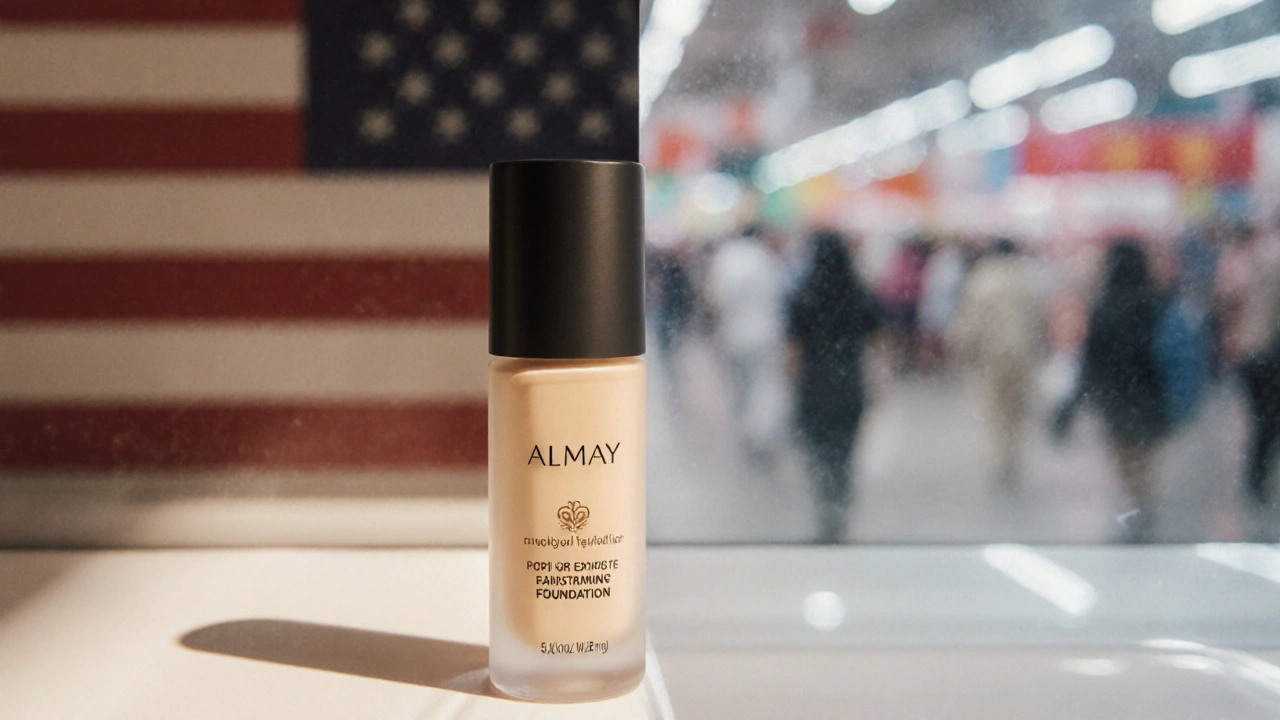Is Almay cruelty free? Get the clear answer you need
When talking about Almay cruelty free, the question revolves around whether the brand tests any of its products or ingredients on animals. Also known as Almay’s animal‑testing stance, it directly impacts shoppers who avoid animal‑derived testing. Understanding this status helps you decide if the brand fits your ethical makeup routine.
Another key player in the conversation is cruelty‑free cosmetics, products that are manufactured without any animal testing at any stage. These cosmetics often carry third‑party certifications, like the PETA cruelty‑free logo, a seal that signals a brand’s compliance with PETA’s strict no‑animal‑testing policy. If Almay displays such a badge, it becomes a strong indicator of compliance, but the absence of a badge doesn’t automatically mean the brand tests on animals.
What to check when you want cruelty‑free makeup
First, look at the brand’s official animal testing policy. Many companies publish a statement that outlines where they stand, whether they test on animals themselves, or if they allow third‑party testing for regulatory reasons. Second, verify the market region. In some places, like mainland China, local law can require animal testing for imported cosmetics, which can affect a brand’s global cruelty‑free claim. Third, consult reputable databases such as the Leaping Bunny program or the PETA cruelty‑free list; they regularly update which brands meet the criteria.
The relationship between EU cosmetics regulations, a set of rules that ban animal testing for finished products and certain ingredients within the European Economic Area and a brand’s cruelty‑free status is also crucial. If Almay follows EU standards, it cannot legally test its final products on animals for sale in that market, which strengthens a cruelty‑free claim. However, the brand might still conduct or commission ingredient testing elsewhere, so the policy details matter.
From a practical standpoint, consider the product line you intend to buy. Some brands are cruelty‑free overall but may have exceptions for specific lines, especially if those lines are marketed for professional use. Checking the ingredient list for known animal‑derived components (like carmine or shellac) can also reveal whether a product aligns with a cruelty‑free philosophy.
Putting all these pieces together forms a clear picture: Almay cruelty free status is determined by its official testing policy, regional regulations, and third‑party certifications. By cross‑referencing the brand’s statements with independent cruelty‑free lists and understanding the impact of EU regulations, you can confidently decide if Almay fits your ethical standards.
Below you’ll find a curated selection of articles that dive deeper into how to spot cruelty‑free claims, compare major brands, and guide you through reading product labels. Use them to sharpen your buying decisions and stay ahead of any changes in testing policies.
Is Almay cruelty‑free? The full answer for 2025
Find out if Almay is cruelty‑free in 2025, its policies, certifications, and how to verify animal‑testing status before you buy.

